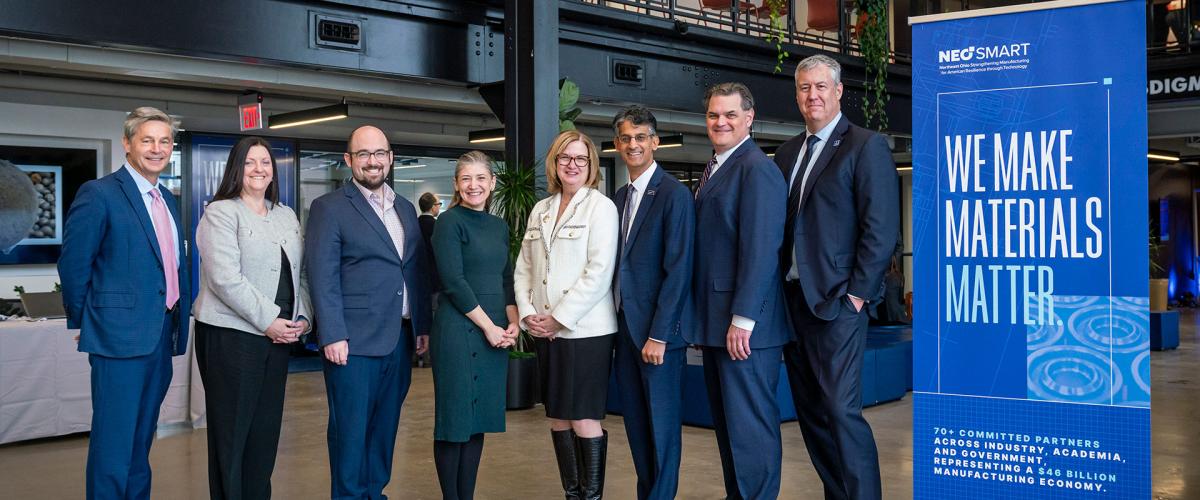When Case Western Reserve University welcomed the Class of 2026 to campus in the fall, the students who arrived had more interest than ever in a degree or major from Weatherhead School of Management: The school saw a 30% increase, year over year, of incoming first-year students declaring a business-related field or economics as an area of study.
It marks the largest undergraduate class of students for Weatherhead in history, according to school officials.
The growth is the result of targeted expansions of programs, marketing and investments in the student experience, said Jim Hurley, assistant dean for undergraduate and integrated studies.
“I don’t think we can underestimate our expanded [program] portfolio of recent years,” he said, noting the relatively recent introduction of a general business management major and, within it, concentrations in areas from international business to entrepreneurship.
In fact, the general major attracted the highest percentage of students—35%—followed by economics at 28%, according to Jenny Hawkins, associate dean for undergraduate and integrated studies and an associate professor of economics.
Other adjustments to programs are directly tied to industry trends, such as offering a computer-programming course specific to business or crafting experiences like Career Treks, in which students travel to New York, Seattle, Chicago and more to connect with a broad range of institutions and alumni across the business world.
Case Western Reserve’s single-door admission policy also opens doors for students, allowing them to explore multiple areas and even earn multiple degrees across schools, still in the same standard timeframe for an undergraduate program.
At the core of the growth, though, Hurley said, are the people. When prospective students visit and meet students and faculty, they feel welcomed—and inspired.
“It is a place where faculty are super committed and accessible,” Hurley said, “and the culture is one of collaboration not hypercompetitiveness.”




